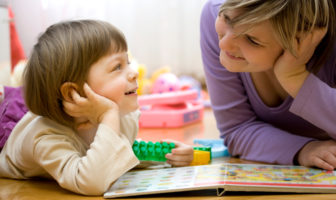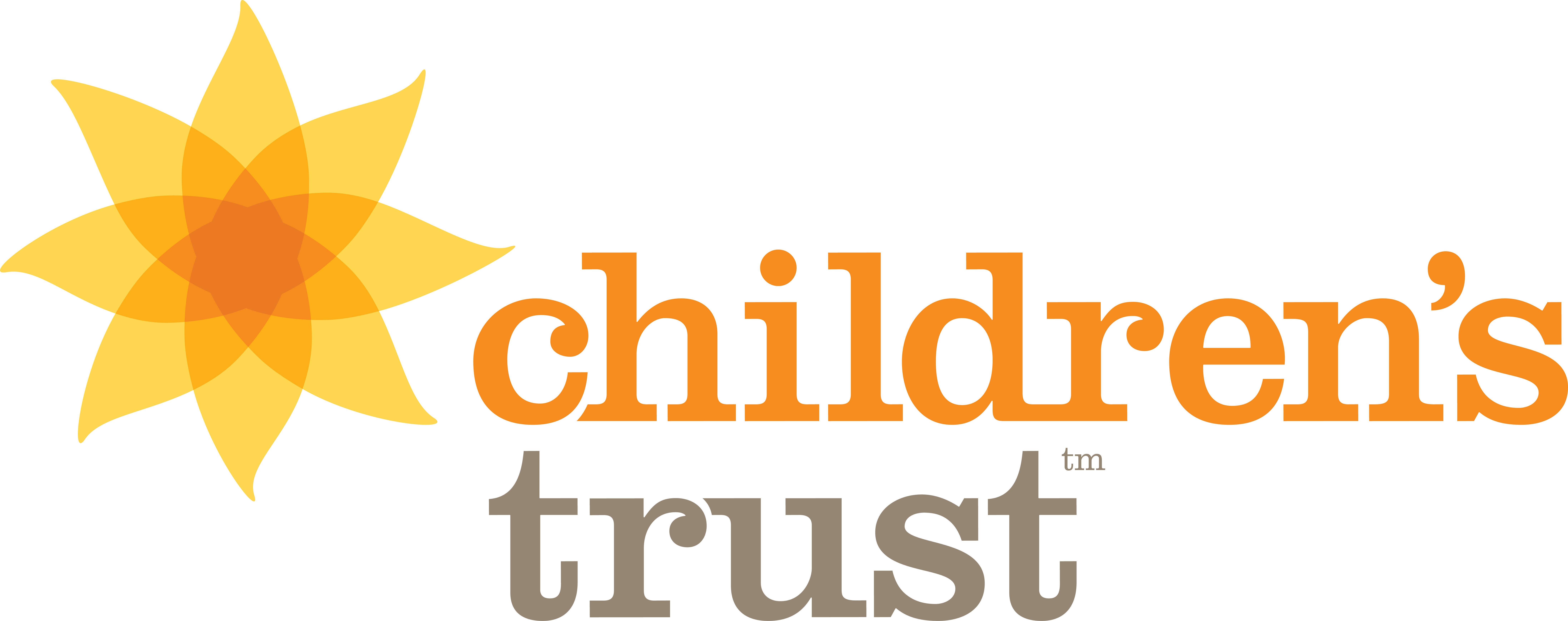Your child may be curious or notice some of their friends have two moms or two dads or has questions about others that are LGBTQ+.

Growing Little Minds: Foundations for a Lifetime of Learning and Joy
Let's dive into the incredible world of your child's brain development. It's like constructing a strong house—every piece matters. Early experiences shape the architecture of your little one's brain, setting the stage for a lifetime of learning, behavior, and overall well-being.
Building Blocks of the Brain
Imagine your child's brain as a house under construction. It's a gradual process, starting even before birth and continuing into adulthood. The foundation of the brain is established through simple neural connections among nerve cells, gradually evolving into more complex circuits and skills. In those first few years, over a million new connections form every second! It's like a symphony of growth.
Serve and Return Interaction
Genes lay the blueprint, but experiences reinforce it. Your interactions with your child are crucial. The “serve and return” exchange—your responsiveness to your little one's needs—builds a solid foundation. When caregiving is consistent and supportive, the brain's architecture forms as expected. This teamwork between genes and experiences shapes your child's unique neural landscape.
Cognitive, Emotional, and Social Harmony
The brain is a maestro conducting a symphony of functions. Emotional well-being and social skills are the building blocks for cognitive abilities. It's a integrated approach—physical health, social skills, and cognitive capacities in the early years pave the way for success in school, the workplace, and the entire community.
Brain Plasticity: Early Investments Matter
Think of brain plasticity as the flexibility to mold and adapt. It's easier and more cost-effective to lay strong brain circuits during the early years. Picture it like designing a game – the brain's architecture thrives on positive experiences, like warm interactions with caregivers offering attentive care to the child's signals or engaging in creative play, laying the groundwork for a resilient and adaptable mind.
Navigating Stress: A Vital Component
Stress is a part of life, even for your little ones. However, it's the prolonged, high-level stress without a support system that can weaken the brain's architecture. Think of it as a turning point — you're setting your child up with skills to handle stress and a safety net of loving relationships.
Parenting is a journey, and you're the guides to your child's future. Embrace the joy of building a resilient, adaptive brain. Your positive interactions, consistent support, and understanding the science behind brain development are the tools to create a healthier and happier child. Every day is a chance to build strong connections and shape a future filled with curiosity, creativity, and endless possibilities. Knowledge is power, and understanding these dynamics empowers you to make informed choices for your own and your child's well-being.
other articles and videos we love
Gender identity is defined as a person’s internal experience of gender (girl, boy, neither, both, etc.).





